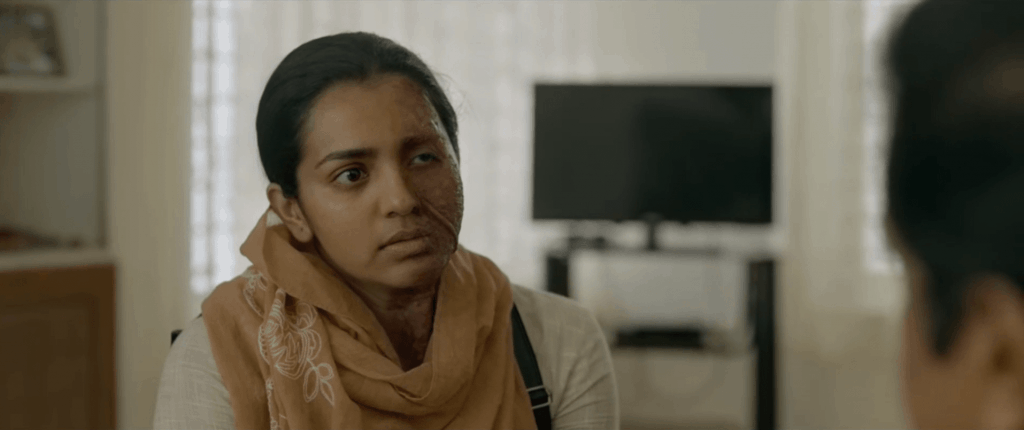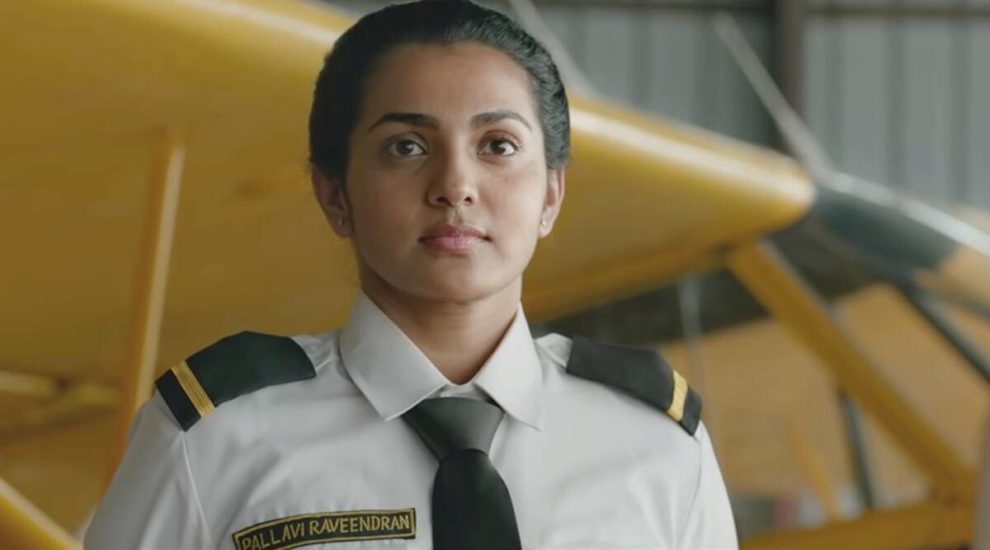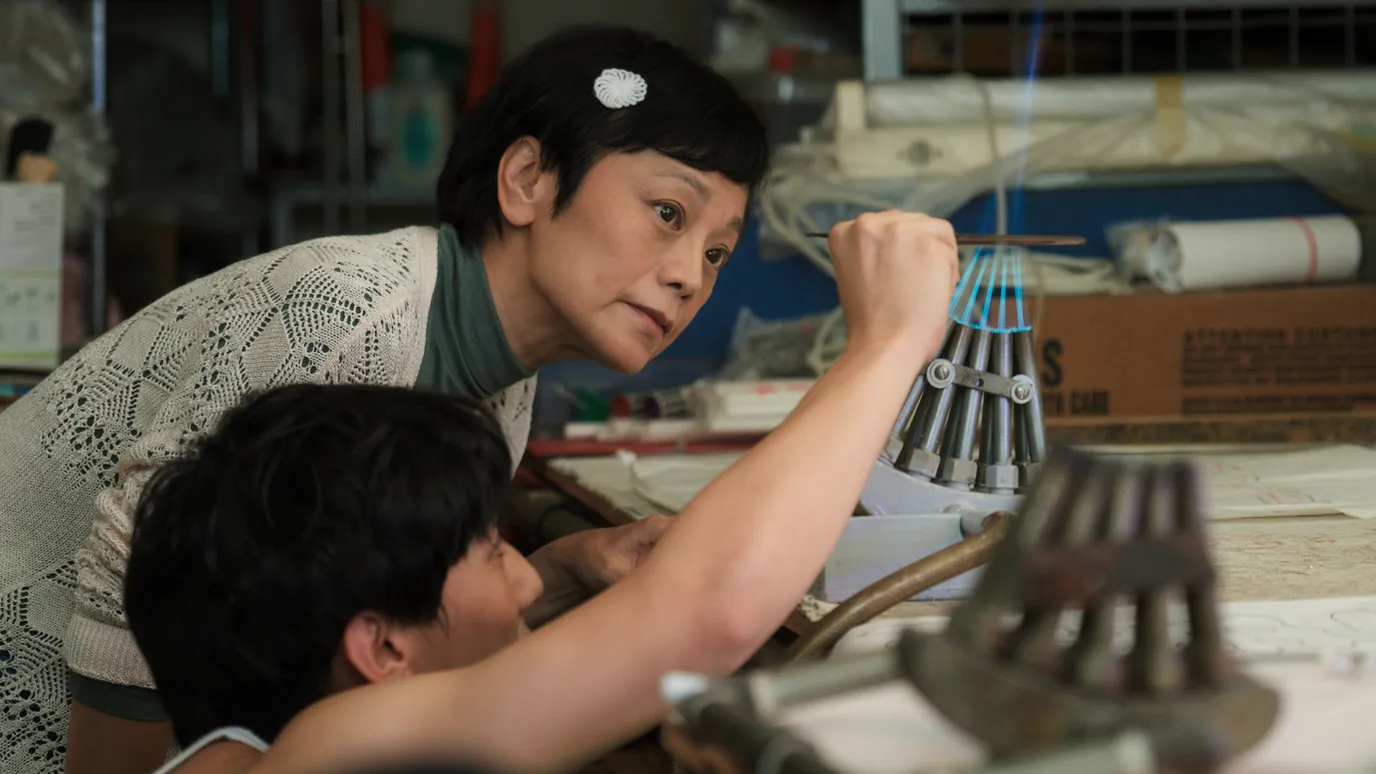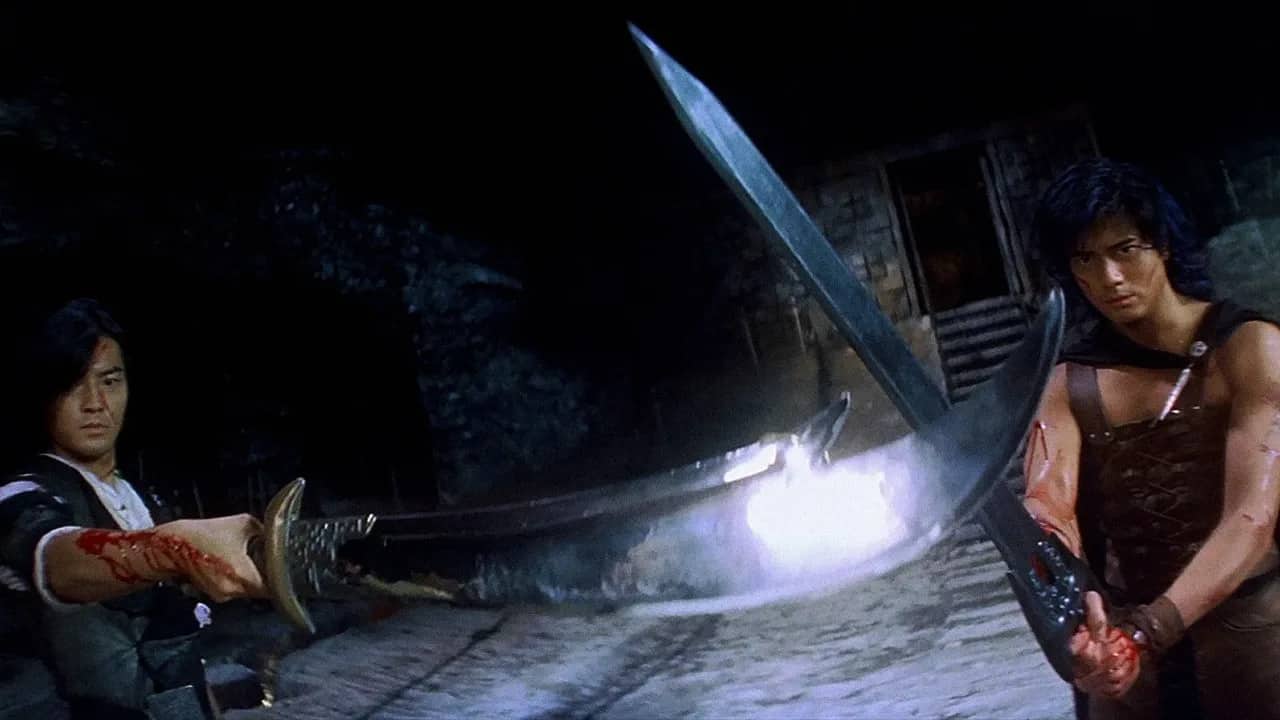“Uyare” is a defining film for the Malayalam film industry, and particularly of the New Wave Movement, since its realism, the “ordinary” characters, and the rooted to Malayalee life premises are among its defining characteristics. Furthermore, Many Ashokan's debut received widespread critical acclaim and was a major box office success in 2019, while it was included in The Hindu's top 25 Malayalam films of the decade.

The story revolves around Pallavi Raveendran, who, as a young girl as the film begins, dreams of becoming a pilot. Her always supportive father does his best to allow her to fulfill her goals, and eventually, the young woman manages to get admission to a pilot training centre in Mumbai, where she excels in all aspects of her curriculum. However, there is one thing holding her back: her love for Govind Balakrishnan, who is a truly toxic boyfriend, highly possessive of her, and a drama queen who does not shy away from committing suicide when she does not pick up her phone. Her father disapproves of her relationship, but does not force her in any way. Pallavi eventually sees the dead end and breaks up with Govind. In a truly despicable move, however, he throws acid on her face, scarring her, both physically and psychologically, forever.
A rather traumatized Pallavi tries to get back on her feet with the help of her friends, her sister and her father, while eventually a man she has met before, the seemingly spoilt son of the owner of an airline company, Vishal Rajashekharan, decides to “invest” in her. His choice brings him against his father and the board, with him essentially jeopardizing his place in the company. Pallavi proves a true fighter, but her past, the trial, and her present are not easy to deal with.

The most distinct element of “Uyare” is the way Many Ashokan deals with the concept of the acid attack, a phenomenon that has reached an all time high and increases every year in India, with 250–300 reported incidents annually, while the “actual number could exceed 1,000, according to Acid Survivors' Trust International”. Both the actual attack, but also the reactions of the doctors in the hospital, and even more, the way a truly shocking face of a previously beautiful woman is presented with no punches pulled on screen, are truly shocking and essentially those that allow the movie to truly stand out. At the same time, the fact that, in contrast to the usual approach, the problem is the boyfriend and the one who is truly supportive is the father, also emerges as original, since the majority of Malayalam films seem to present stories that are based on exactly the opposite. Lastly, that Ashokan includes the trial in the story and particularly how difficult it is for a victim to prove the perpetrator's actions, along with the whole presentation of the mentality of the perpetrator's parents, are also elements that add to the overall realism of the narrative, in that regard.
Parvathy Thiruvothu gives an impressive performance in the central role, exhibiting the consequences and the benefits of all the aforementioned elements rather eloquently, with her transformation from a girl full of hopes and dreams to a disillusioned woman, all the while retaining her fighting spirit, being one of the best parts of the production. In general, the acting is on a rather high level, with Asif Ali as Govind being great as the cowardly, manipulative villain ,as much as Siddique as the always supportive father, who eventually cannot help but erupt.
On the other hand, the movie struggles when the narrative strays away from the central concept, even if exhibiting Pallavi's bravery was the purpose. Nevertheless, the reluctant romance that is shaped with Vishal is rather unrealistic and essentially unfulfilled, with Tovino Thomas being tormented by a badly written role. The same applies to the reactions of the crew and passengers, who are presented as somewhat excessively supportive of Pallavi's efforts. The drama with Vishal's company also seems too much, while the story gets completely overboard with the episode that begins and concludes the movie. The same applies to Mukesh Muraleedharan's cinematography, that is quite realistic in the scenes involving the main concept, particularly in the way Pallavi's scarred face is presented with the help of VFX, but is rather polished, almost TV-commercial like, in the rest. Mahesh Narayanan's editing implements a relatively fast pace that works quite well for the narrative, but again, some of the scenes involving the aforementioned concepts, could be briefer or even completely omitted.
“Uyare” includes a number of shortcomings, but the shocking realism of its main theme and the acting allow it to rise much above them, while also deem it an important film, above everything else.















